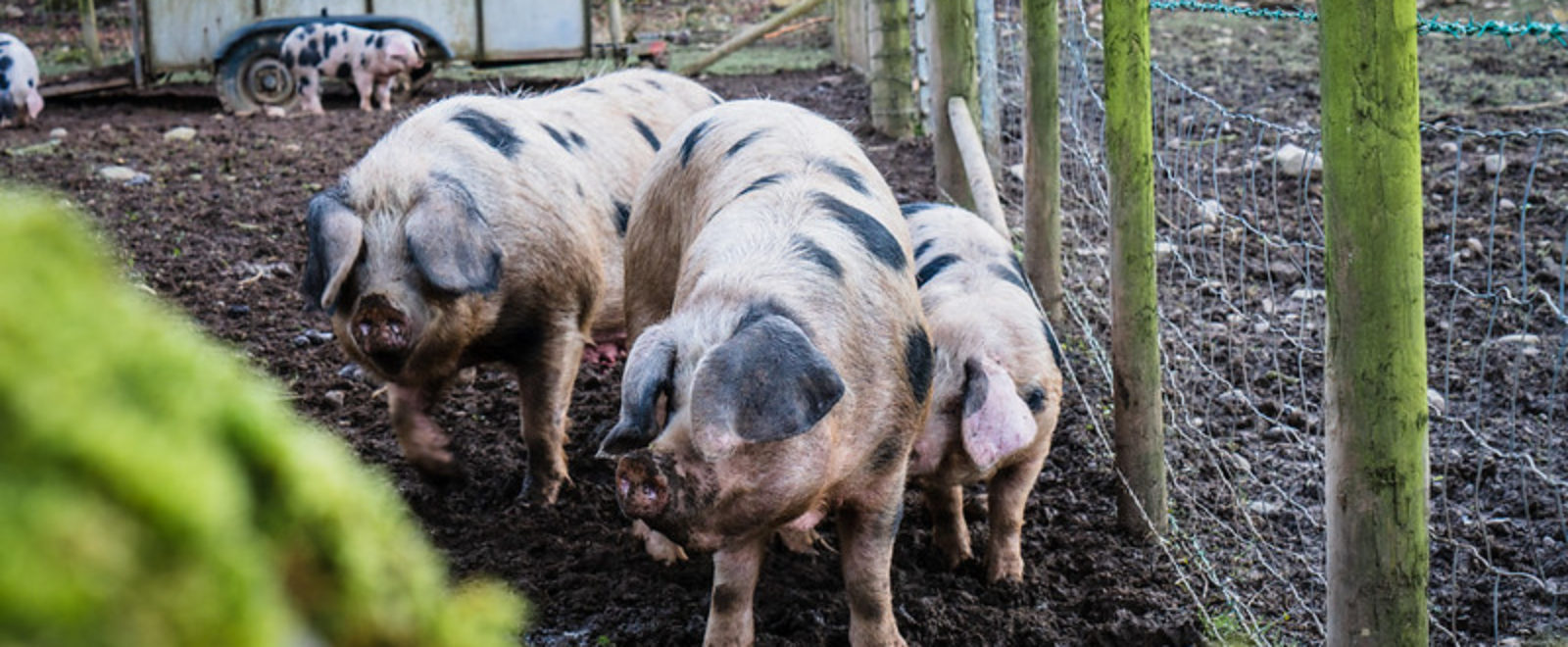Coronavirus didn’t break the U.S. meat supply chain, the big companies did. When it comes to meat, a few companies like Smithfield, Tysons, JBS, and the big box retailers have bound farmers, workers, and consumers in long food chains where the benefits flow to the top. Trump’s executive order that slaughterhouses must stay open in spite of the thousands of workers who are ill, and the scores who are already dead, will certainly not fix the problem. It will make it worse.
This International Workers’ Day, we need to raise our voices and demand that governments prioritize the human right to food for everyone who eats. Governments have the responsibility to ensure the economic, social, cultural, and political human rights of family farmers and essential workers, who can rebuild our food webs to be stronger than the current supply chains that leave us vulnerable.
To pull ourselves out of the health, economic, and climate crises in which we find ourselves, we need policies that fulfill basic human rights. Policy proposals like the Green New Deal and the People’s Bailout offer urgently needed solutions for strengthening social protections for frontline workers and making a downpayment on a regenerative economy to prevent future crises.
So how can we address the concerns around reopening meat processing plants?
First, we need a social protection floor that guarantees everyone the ability to buy healthy food at prices that cover the cost of production.
Over the years, the meat industry has been taken over by just a few companies. These companies have been able to turn out a great deal of their product by underpaying workers and farmers. They have boosted their bottom line by cramming workers together along factory lines to disassemble animal carcasses at high speed. And by consolidating control of the industry, they push farmers to either go out of business or risk borrowing large amounts of money for little profit to raise thousands of animals in packed facilities and import feed from large farms long distances away.
These factory farms are the likely breeding grounds for the next viral disease. In fact it’s possible that the coronavirus first made a jump to humans on large-scale pig farms in Hubei province rather than in the Wuhan market where it was first noticed.
Policymakers need to provide farmers, small business-owners, and workers with social protections and universal healthcare so that they can take risks and be independent of big corporations.
We also need regulations and trust-busting that stop the abuses of big companies, as well as agricultural policies that support family farmers, their cooperatives, and the small businesses that buy and sell from them.
When the supply chain isn’t snapped by a crisis, it provides relatively cheap meat to consumers. But the overconsumption of cheap meat comes at a high human and ecological cost. The long supply chains contribute to the clearing of land for soybeans in Brazil, the spewing of chemicals and animal manure into U.S. rivers, erosion, and the burning of fossil fuels.
So we need to protect small and medium farms, in rural and urban areas, and we need many more smaller-sized processors that operate in humane conditions. We need territorial markets and a variety of ways that farmers can reach customers.
Finally, we need legal reforms and recognition for workers’ right to organize. Strong labor unions empower workers to protect their health and safety and get a fair share of what they produce. We can start by demanding that the rights of workers be respected in the plants impacted by COVID-19. Until their rights are guaranteed, workers face the difficult decision of either returning to crowded work conditions and risking their lives or staying home and losing both their job and their eligibility for unemployment benefits. Workers should have the choice of going back only when employers ensure adequate spacing and protective equipment, slow down the assembly lines, and pay them adequately for their difficult jobs.
It would be worth paying a little more for meat if it meant ensuring meatpackers’ rights, not to mention being better for our collective health.



